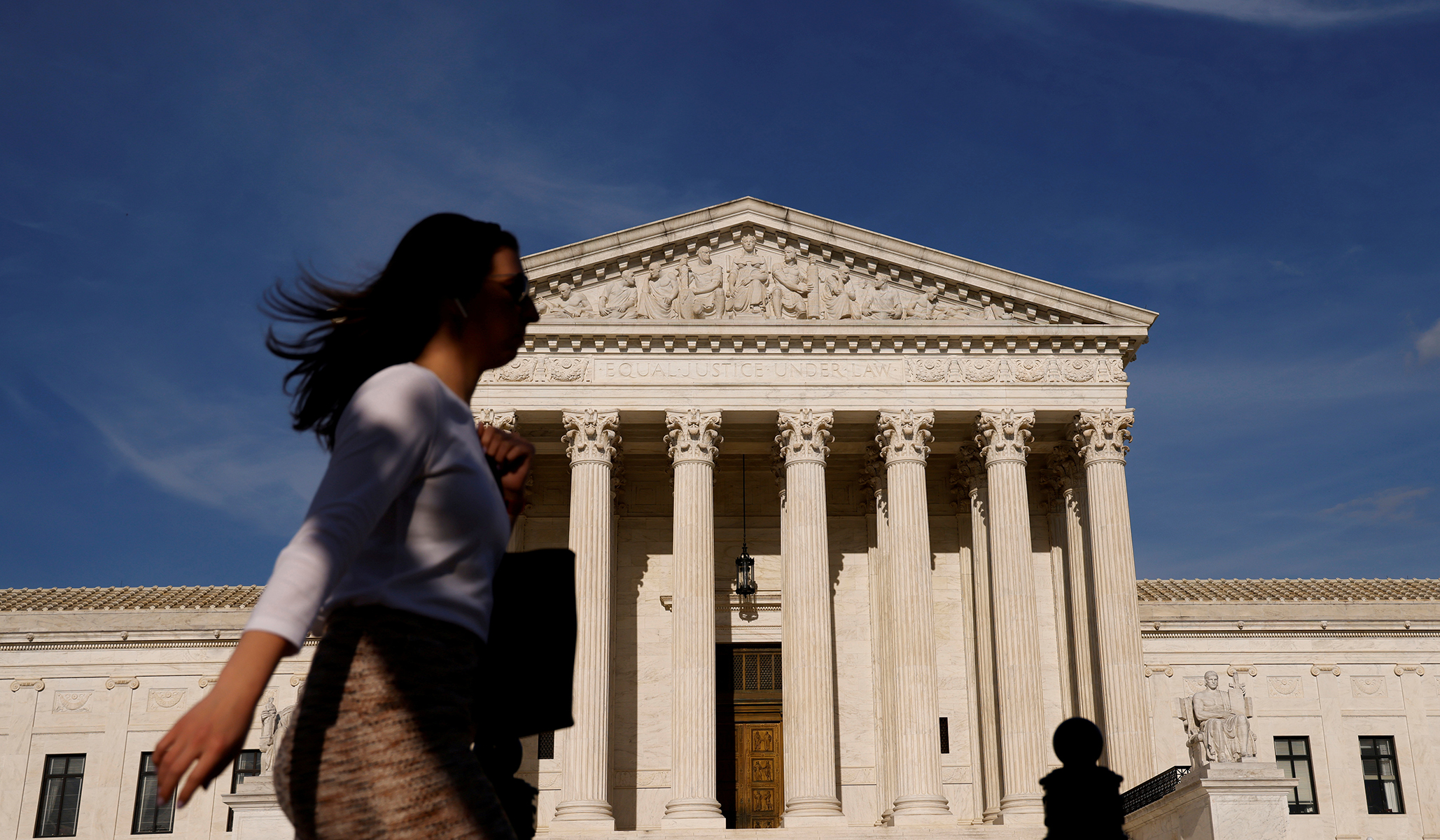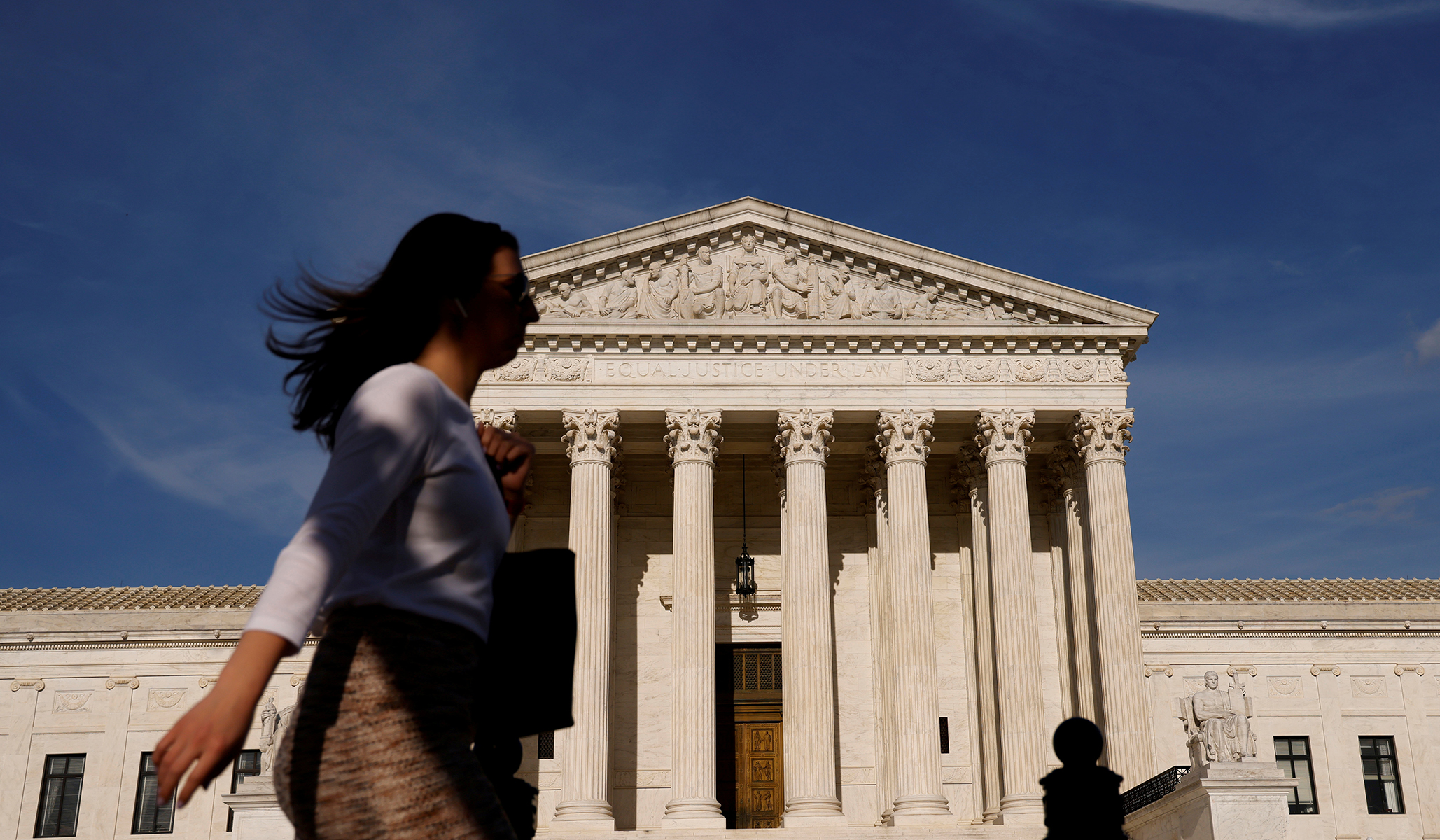
The Supreme Court on Thursday blocked part of New York’s residential-eviction ban that was implemented as a public-health precaution and economic support during the COVID pandemic.
Injunctive relief was granted to a collection of small landlords who challenged a part of the law that prohibited eviction of tenants who personally claimed monetary constraints caused by the pandemic as justification for failure to pay overdue rent. By filing a form with their sworn attestation to financial hardship, tenants could pause the eviction process.
“If a tenant self-certifies financial hardship, Part A of CEEFPA generally precludes a landlord from contesting that certification and denies the landlord a hearing. This scheme violates the Court’s longstanding teaching that ordinarily ‘no man can be a judge in his own case’ consistent with the Due Process Clause,” the justices in the majority, comprising most of the conservative appointees, wrote.
While one part of the statute was struck down, all the remaining provisions were upheld, including a part that directed landlords not to remove tenants who were determined to be struggling financially, the New York Times reported.
Justice Stephen G. Breyer, penning an opinion also on behalf of Justices Sonia Sotomayor and Elena Kagan, dissented to the ruling, arguing that the law did not violate the Constitution and would expire in short time anyway. “Eviction proceedings may resume after August 31, 2021,” they continued.
“The New York Legislature is responsible for responding to a grave and unpredictable public health crisis,” Justice Breyer wrote. “It must combat the spread of a virulent disease, mitigate the financial suffering caused by business closures and minimize the number of unnecessary evictions.”
“The Legislature does not enjoy unlimited discretion in formulating that response, but in this case I would not second-guess politically accountable officials’ determination of how best to ‘guard and protect’ the people of New York,” he added in defense of the state’s law.
The high court’s decision comes in the context of the national eviction moratorium that recently expired but was reinstated by the Biden administration’s CDC. The agency renewed the ban unilaterally, which many legal scholars have called an unconstitutional breach of executive authority. As reasoning for the original national ban, the authors contended that evictions trigger population movements that create hotbeds for transmission of the disease, exacerbating the public health crisis.
Send a tip to the news team at NR.

